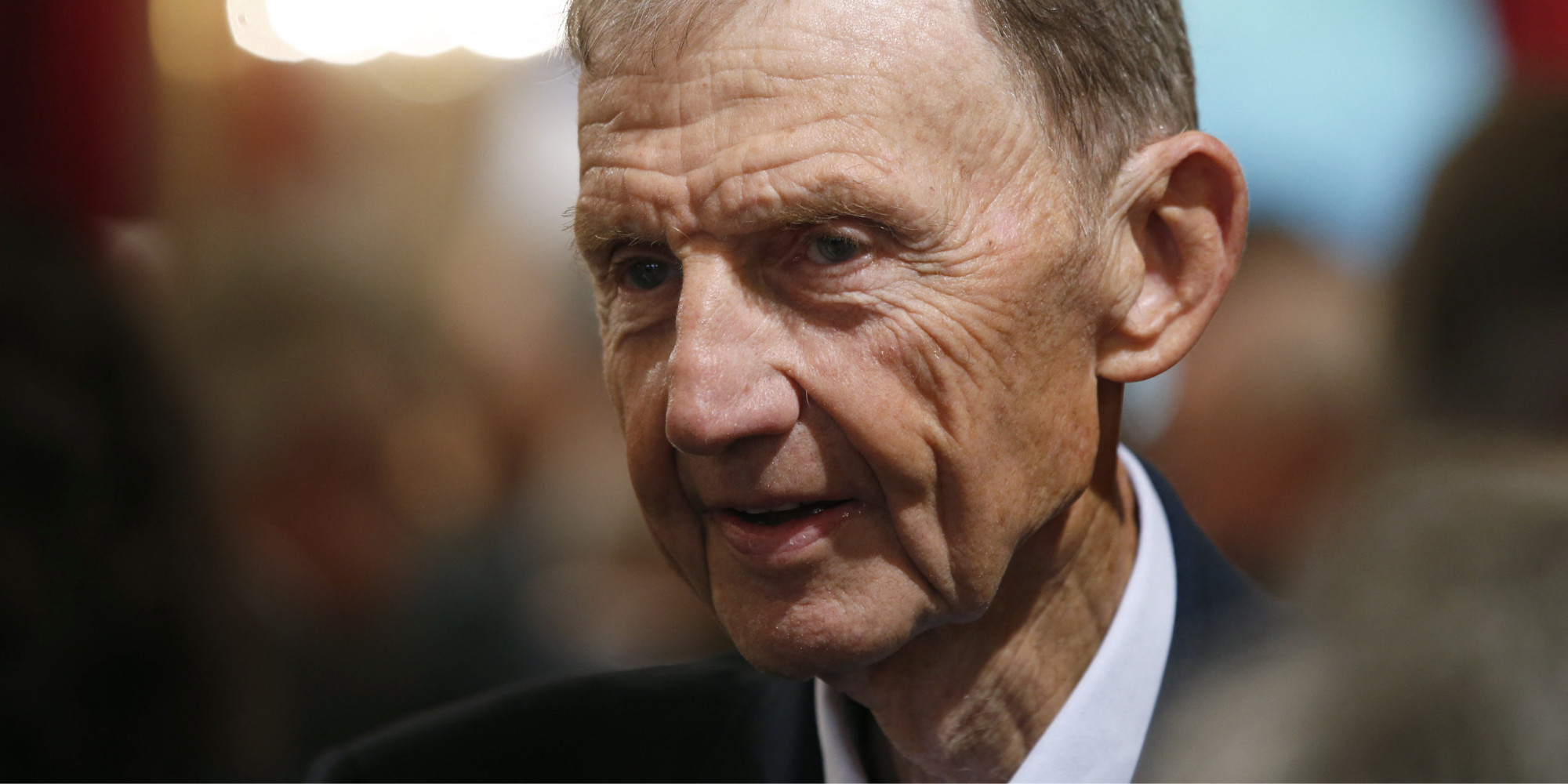Etienne Mougeotte, number 2 of TF1 for 20 years, publishes his autobiography, entitled "Powers".
The journalist, who began his career at "Paris-Normandy", recounts his 50-year career in the media.
And in passing, unveils a number of little secrets and surprising anecdotes about the personalities and the outstanding shows on the front page.
Journalist Etienne Mougeotte has just released his autobiography,
Powers
.
A book that traces no less than fifty years in the heart of the media and an impressive career.
Etienne Mougeotte is best known for his functions as leader of TF1, for 20 years, but he started in the written press, in
Paris-Normandy
, before working on television and radio, at Europe 1 in particular.
It is the first time that Etienne Mougeotte confides in a book, and there is material!
The book is full of quite crisp anecdotes, especially on his 20 years spent at TF1 as number 2 of the channel.
>> Find all the media newspapers in replay and podcast here
Almost all the animators have the right to their little passage in the book.
Nikos Aliagas is described as "the hard worker", Michel Drucker is "obsessed with the link with his audience", Benjamin Castaldi is "funny and clever", while Vincent Lagaf is "uncontrollable".
Etienne Mougeotte also recounts the arrival of Jean-Pierre Pernaut on the 1pm newscast or how Koh Lanta almost never got broadcast.
"Jenifer sings out of tune, but she moves well"
The journalist also talks about the "Star Academy" and the complicated casting of the future winner, Jenifer.
There is then a debate between 2 candidates.
Pascal Nègre would have finally chosen it thus: "She sings out of tune, but she moves well".
But beyond these anecdotes, what is interesting is that through his story it is ultimately that of the media that he tells.
And that of politicians too.
Regarding the media, Etienne Mougeotte writes: "I belong to the generation which was at the heart of the incredible development of the audiovisual sector."
And he thus lists these changes: the modernization of radio, the liberalization of television after 1968, the development of commercial channels with TF1, that of all-information channels with LCI, the challenge of digitizing the written press, the development of social networks ... 50 years of change told in a book.

